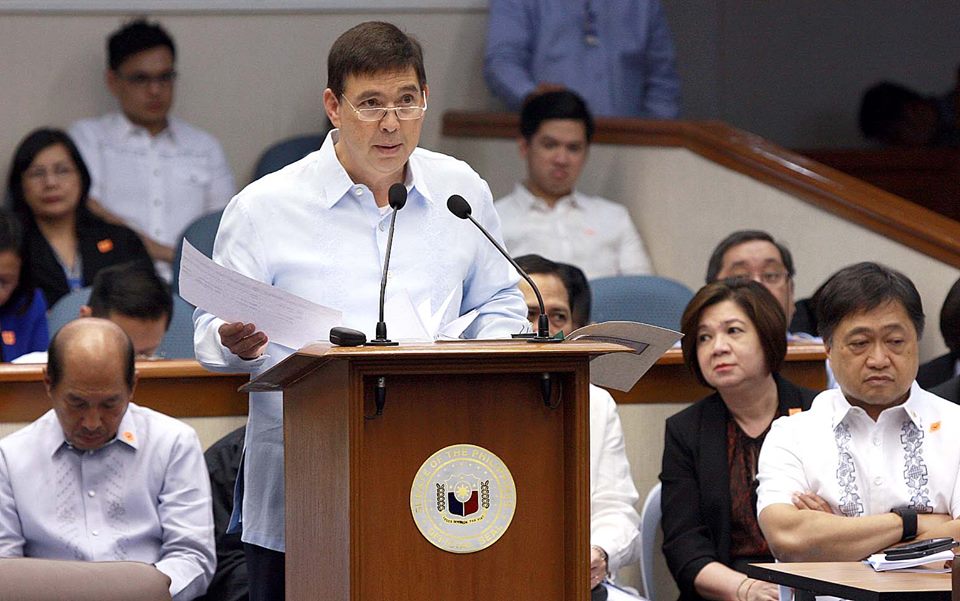News
DOH, PhilHealth shortchanged by P28-B in excise tax shares

In a statement, Senate President Pro Tempore Ralph Recto said the TRAIN law mandates that 50 percent of excise tax collections on “sin” and soda products shall be earmarked for health. (File Photo: Sen. Ralph Recto/Facebook)
MANILA — A Senate leader on Thursday said the Department of Health (DOH) and the Philippine Health Insurance Corporation (PhilHealth) have been shortchanged by about PHP28.3 billion from the collection of the increased excise taxes under the Tax Reform for Acceleration and Inclusion (TRAIN) law.
In a statement, Senate President Pro Tempore Ralph Recto said the TRAIN law mandates that 50 percent of excise tax collections on “sin” and soda products shall be earmarked for health.
Recto said the 50 percent health share shall “be allocated and used exclusively” in the following manner: 80 percent to the PhilHealth for Universal Health Care, and 20 percent to the DOH’s Health Facilities Enhancement Program (HFEP) and medical assistance program.
He noted that in 2018, the total collection from alcohol was PHP68.8 billion; from tobacco, PHP136.08 billion; and from sugar-sweetened beverages, PHP38 billion; or a total of PHP242.8 billion.
The lawmaker said the combined DOH-PhilHealth share should be PHP110.9 billion and following the 80-20 sharing, PHP88.72 billion should go to PhilHealth, and PHP22.18 billion to DOH.
He cited the proposed 2020 national budget wherein the PhilHealth is getting PHP67.3 billion, or PHP21.42 billion below its expected share while the DOH only gets an allocation of PHP5.9 billion for its HFEP and PHP9.4 billion for its Medical Assistance Program, or PHP6.9 billion short.
“For 2020, the two agencies’ sin tax dividends are PHP28.3 billion short of what Republic Act 11346 guarantees. This results in severe budget anemia,” Recto said.
“The Department of Health and PhilHealth should not be begging for funds. They should automatically be getting what is due them from the TRAIN Law,” he added.
Recto said the TRAIN law was sold on the promise that taxes collected from “sin” products will be spent for health, highlighting that “higher taxes on vice will be used to fund the virtues of health care.”
“Government must redeem, and not renege on this promissory note. Congress is duty-bound to rectify this mistake,” he added.





















